(AfroGamers.com) A topic I’ve always felt deserved more attention in gaming is espionage—skullduggery and spycraft. I always enjoyed films like Mission: Impossible, Golden Eye, and shows such as Nikita, Burn Notice, and The Blacklist. As a result, games that featured these themes have always been something I would not pass up.
Let’s look at the Adam Jensen Saga of one of my favorite espionage franchises. I’m talking about Deus Ex developed by the team behind Tomb Raider: Eidos.
First, What is Deus Ex?
Deus Ex a cyberpunk action RPG that follows the story of a main character more from the top of the events. By this I mean that cyberpunk tends to explore the grimy dark side of a near future with significant technological advancements and the story tend to hit harder when told from the perspective of the people at the bottom of society.
I’m talking street-level criminals, the homeless, victims of automation, people who can afford the safe, quality versions of updated versions of things such as artificial limbs and so on.
Deus Ex takes things from the top with a main character who either works for a mega corp such as Adam Jensen in the two most recent entries or some sort government agency as was the case with the first two games.
This perspective puts the player in close proximity of global conspiracies, preventing corporate espionage, and eventually doing the government’s job for it in preventing conspiracies. Each game also forces the player to make a hard decision from options that aren’t the best on the long run.
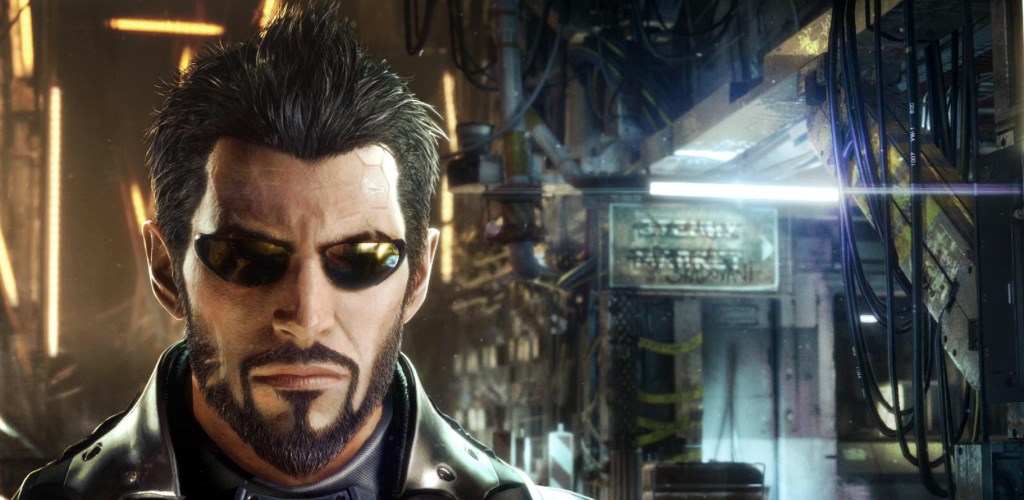
Deus Ex: Human Revolution (2011)
Human Revolution takes place a couple of decades before the original Deus Ex game in 2027. The main hub of activity is Detroit but the main character Adam Jensen will also take on missions to seedy, dystopian Hengsha and more contained missions in Montreal and the Artic.
Initially a former Detroit PD S.W.A.T leader, he leaves under controversial circumstances after opting not to do something questionable and takes up work as Sarif Industries’ new security manager.
Jensen hasn’t made a decision on whether to get augmented and doesn’t feel the need to dive into the topic most of the time. However, that is Sarif’s big thing as they develop weapons for augs behind the scenes but are also working on a commercial drug to cure Neuropozyne dependence.
Neuropozyne is a drug used to help humans deal with the strain augments put on the body and mind. After an attack on Sarif Industries, Jensen is wounded and has to undergo surgery to save his life.
He ends up being augmented and is basically owned by Sarif who used a lot of augments to put him back together.
In his role as security manager, Jensen actually ends up doing a lot of infiltration and deals with criminal groups, the Illuminati, terrorists, and the police. Basically, way more than security. After all, he’s a weapon now.
The gameplay in Deus Ex: Human Revolution just works for me. I find a lot of enjoyment is skill tree and inventory management and Human Revolution gave me plenty of that.
Combat is familiar of you’ve played any first-person shooter or action game but the real strength with combat here is the stealth element and ability to hack. Two thumbs up.
Now, the story was fine but while you could make decisions and the like, the game was pretty linear. Also, Jensen was stock or generic enough to not be particularly interesting but he did the job.
It also helped that he was surrounded by a cast of more interesting characters with stories that were worth delving into.
Mankind Divided (2016)
This was a direct continuation from Human Revolution and takes place in Prague. Adam Jensen now works for the Task Force 29 group of Interpol. He is sent to Prague in order to investigate the Illuminati’s plans to cause further human and augmented human dissent across the world as well as their links to Interpol.
Honestly, the main thing I liked about Mankind Divided was how large the game world felt and how alive it was. Gameplay-wise, it basically gave you a lot of the same action and activities as Human Revolution but there was even more freedom about how you went about doing tasks. It actually felt like Jensen was dealing with life as augmented human in a late 21st century Prague that was mostly hostile towards augs.
This is different from playing through the first game where Jensen was pretty bland. He had his backstory, a strong skillset, and a gruff voice—a textbook late 2000s-early 2010s action game protagonist.
With Mankind Divided, two years had passed since the events of the first game and while he was still pretty much the same, there was a little more seasoning to him as a character. I think it’s down to him having to live as an augmented human and having a stake in preventing an all-out conspiracy to manipulate humans and augs.
As mentioned when talking about Human Revolution, he didn’t feel strongly one way or the other about augmentation but hadn’t decided to become an aug. Now, he embraces being one. There’s a personal stake now that he is one those discriminated against.
Of the two games, I rock with Mankind Divided more. I just found it to be fuller experience that didn’t leave me feeling like there was more to the story or that the game had somewhat of an abrupt ending.
Staff Writer; M. Swift
This talented writer is also a podcast host, and comic book fan who loves all things old school. One may also find him on Twitter at; metalswift.
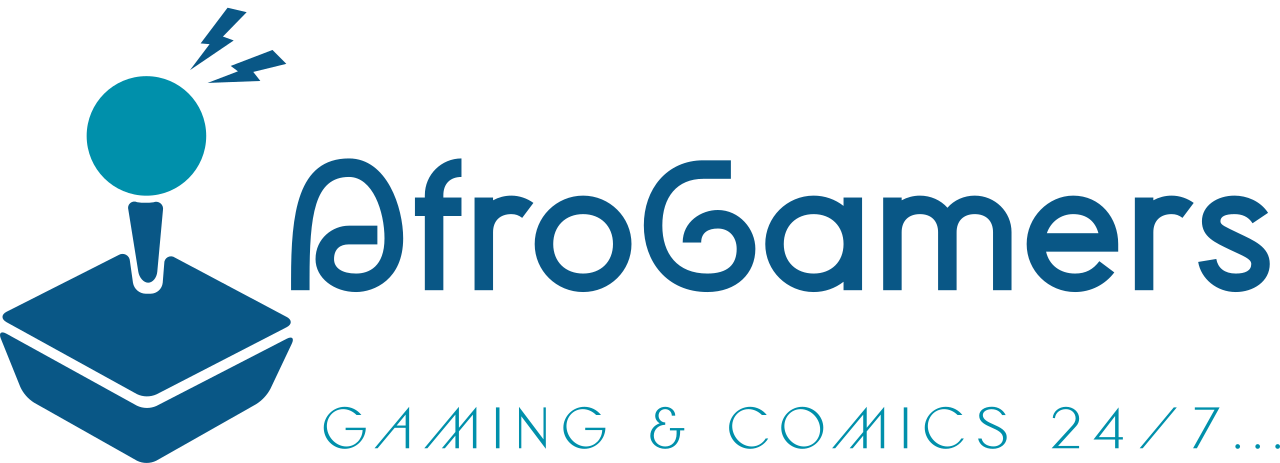
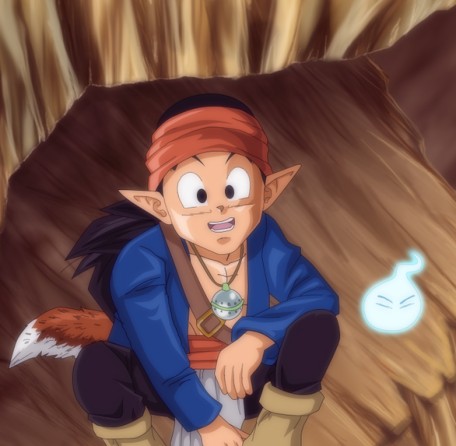
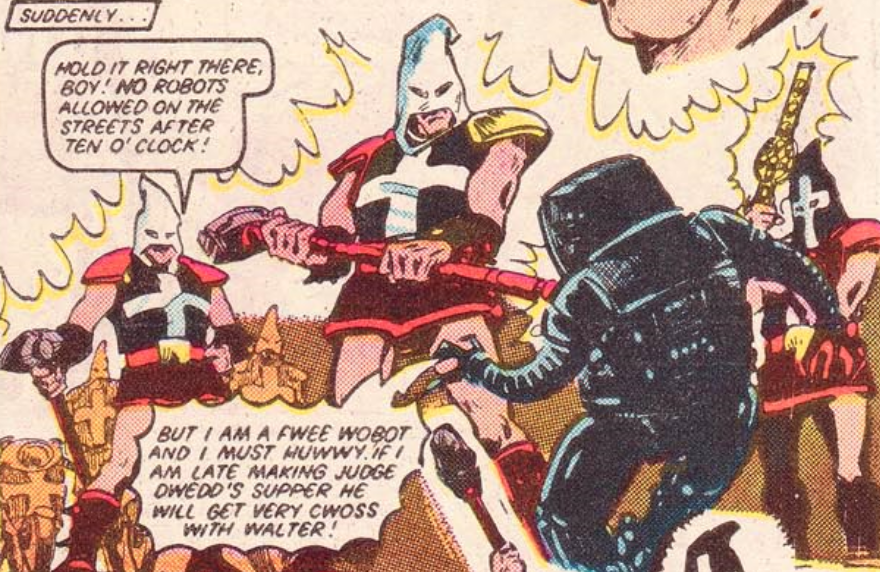









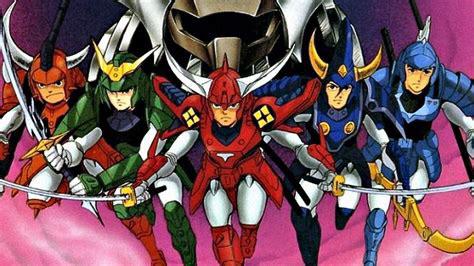
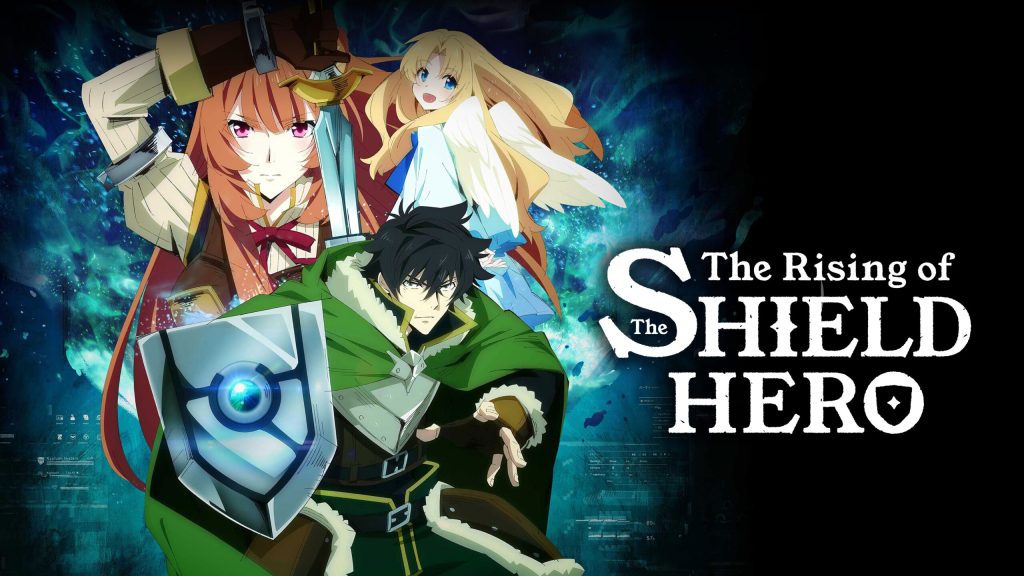


Leave a Reply